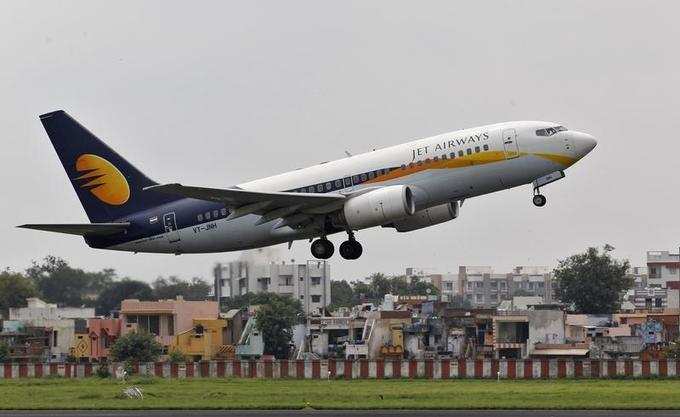
The NaMo government’s decision to remove rules like 5/20 Rule can literally give the ailing Indian aviation industry wings to fly.
Indian airlines, which have already been marred by high input costs and several other restrictive policies, are eagerly looking forward to the removal of this particular rule as well as other norms such as the
“There is a need to replace the 5/20 Rule in order to equip Indian commercial airline operators with long term financial security and international quality standards. Revisiting this rule will provide incentive for new players to enter the market due to advent of opportunity for enhancing revenues, yields and ultimately, profits,” said DS Rawat, general secretary of industry body
Besides, elimination of the rule of First Right of Refusal to Air India will encourage a fair play to all the players in the sector. Industry experts also expect this move to encourage private players to pro-actively participate in the industry.
“For optimizing bilateral agreements and international traffic rights, the Ministry of Civil Aviation, in coordination with the Ministry of External Affairs should undertake negotiating higher number of routes, especially in the lucrative markets such as the US and Europe,” he added.
Considering the fact that Indian aviation industry is pegged to be the third largest in the world by 2020, a regressive norm such as 5/20 is a deterrent for private airlines as it allows a carrier to fly on international routes only after five years of domestic operations.
“We have situations where fast growing airlines have certainly acquired a large fleet offering top service but may not have completed five years. The award of overseas operations license should be linked to completion of certain number of hours/kilometers on domestic routes and subject to thorough audit of safety records, though,” noted Rawat.
Private carriers operating in India have repeatedly urged the previous governments to scrap
Representational Image
